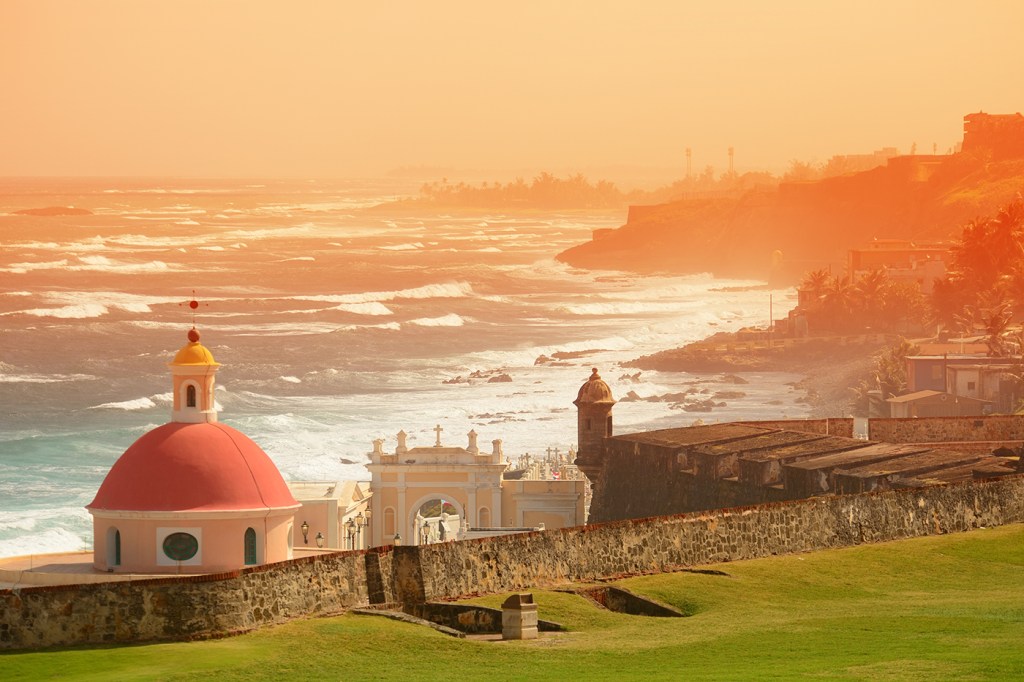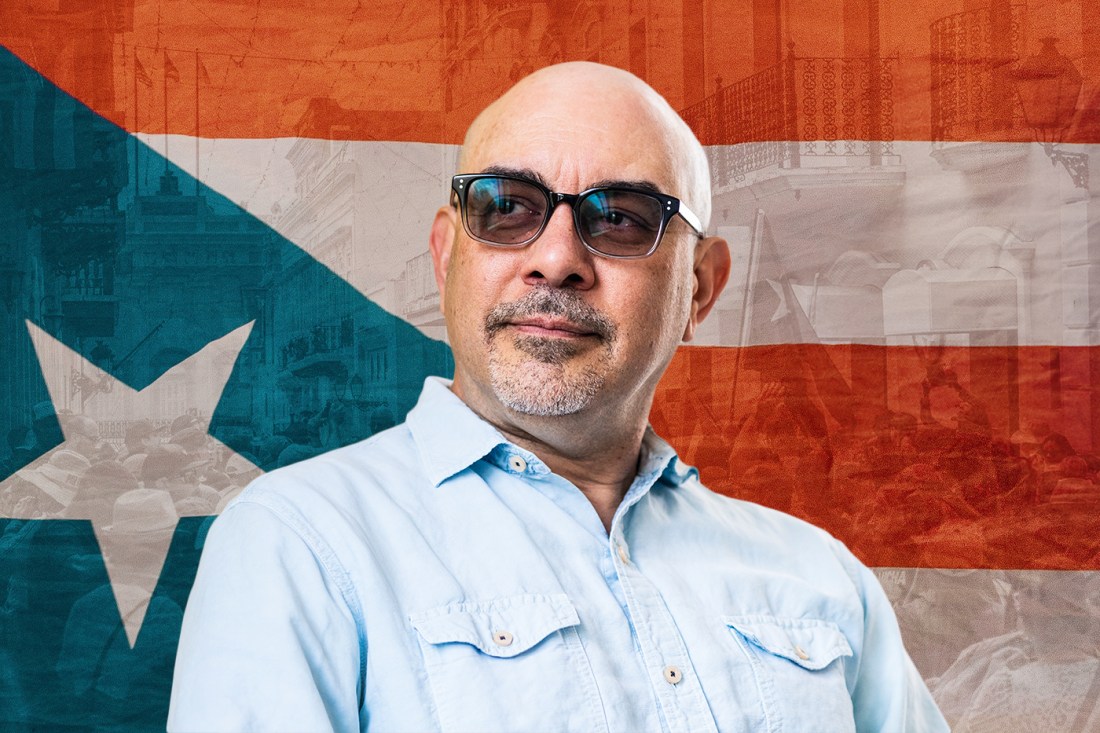‘Wild card’ at play in weekend’s Puerto Rico status vote


This Sunday, Puerto Ricans will vote to decide the territory’s status—either to remain an unincorporated U.S. territory, become an independent country, or become a full U.S. state. The last time citizens voted on the issue, in 2012, statehood prevailed.
This time, facing a crippling economic crisis, the results are less certain, said Amílcar Barreto, associate professor of cultures, societies, and global studies. “Since the last election, it’s likely that roughly tens of thousands of people have left, and what we don’t know is: Are these people status quo supporters? Are they statehood supporters? We don’t know where they stand.”
Moreover, even if Puerto Ricans vote again for statehood, Barreto anticipates that it’s unlikely Congress would act on it.
In a recent op-ed, you wrote of the Puerto Rican status vote, “The most compelling question is not what Puerto Rican islanders prefer; rather, it’s what members of Congress favor.” Could you expand on that?
First, some background. Traditionally, U.S. territory status was a temporary status on the way to statehood. Puerto Rico became a U.S. territory in 1898, which seems to have changed that, and I don’t see anything on the horizon that’s going to change that status.
The U.S. territory system is different from Canada, where territories do have real representation in Parliament. Here, Puerto Rico has no senators, and only one non-voting delegate in the House.
What’s the significance of this weekend’s vote, then?
The fact that Puerto Rico is even holding a vote is amazing. The whole of the island is in the hands of one judge in Lower Manhattan because Puerto Rico is in bankruptcy. Can you imagine anywhere else holding a vote of any size in those conditions?
That aside, the governing political party in Puerto Rico—which won by a plurality vote, not a majority—hasn’t been able to get some sort of clear win for statehood, potentially until now. The political parties in Puerto Rico organize themselves largely around their stance on the island’s status; either for the status quo, independence, or statehood. As such, there’s never been majority support for any of those options.
Can you tell which way the vote might go?
No, because of a wild card that’s recently in play.
At times, we’ll talk about the fluidity of an electorate—but what happens when the electorate itself is physically in flux? Because the economic crisis in Puerto Rico is so bad, it’s estimated that 10,000 people leave the island every month. Since the last election, it’s likely that tens of thousands of people have left, and what we don’t know is: Are these people status quo supporters? Are they statehood supporters? We don’t know where they stand. There’s also a loss of faith in the whole political system, and some people are boycotting the plebiscite altogether.
Regardless of the outcome, Congress will likely ignore it.
Why is Congress likely to ignore the outcome?
At one point, as part of my research, I began analyzing ancient Congressional debates on Puerto Rico’s status, and what I found was each time it came up, Congress would ignore two of the three options, and focus on statehood.
Inevitably, this conversation would turn to ‘cultural differences,’ which were, more often than not, rather Latinophobic comments.
One difference lately is that there are a number of Puerto Rican representatives in Congress, and when one side shoots, those representatives shoot back.
An interesting consequence to note is that Puerto Rican statehood would add two Democratic senators and probably about five Democratic congressmen to Washington.





